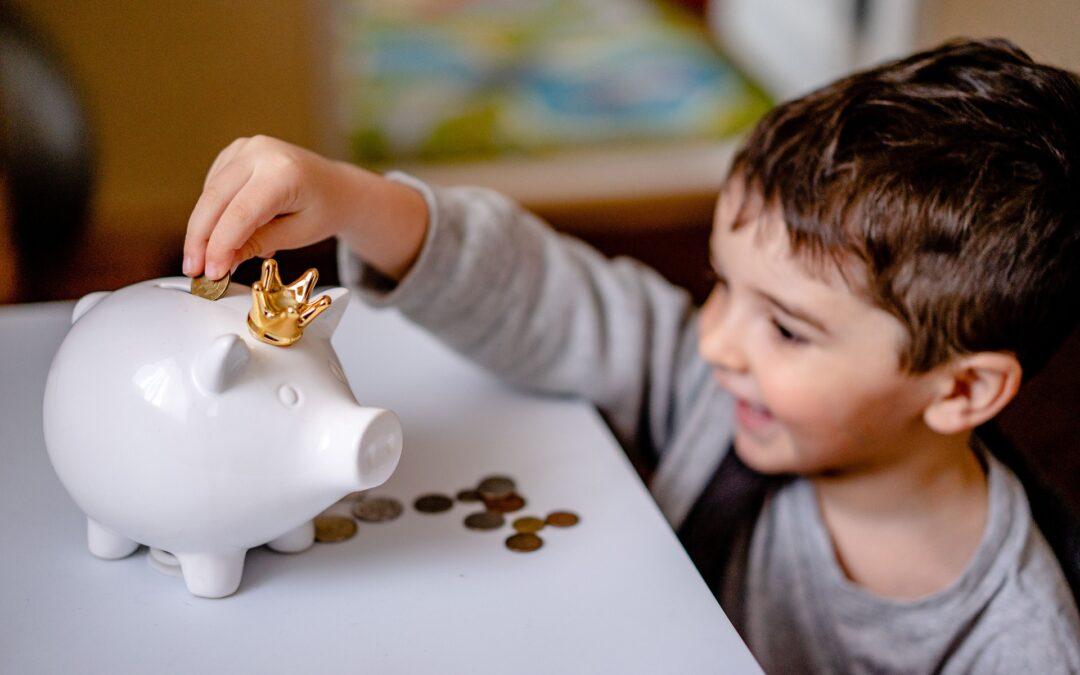Build The Right Habits When They Are Young
Have you ever heard that it is easier to teach things to kids than adults? It’s true. This goes for money, too. If you want your kids to save more than they spend, start early. Here are some tips:
Play money games with your kids. Monopoly was a popular game when I was a kid, and kids still like it today. Choosing to buy or sell properties and negotiating fees with other players is good practice for dealing with real money. Just because you have the money to develop your properties doesn’t mean that you have the money for upkeep. Players have to make decisions based on present and future earnings.
It’s easy to forget about money matters when the parents are footing the bill for everything. A five-dollar magazine didn’t seem so expensive then. But when they have to pay for it themselves, more thought goes into the process. They’ll think about whether they need that magazine or not.
Don’t let your kids get hooked on name-brand clothing early. It’s okay to have a few name-brand items, but they are not the only clothes that will fit their bodies. Take them shopping when you go to Wal-Mart, Target, or a consignment shop. As they choose what to wear, advise them to peruse all of the racks to compare prices instead of picking the most expensive clothing.
Take your kids to the grocery store with you. Let them help you make out the grocery list and clip the coupons. As you bargain shop, tell the kids what you are doing. You don’t have to go into great detail; give them an overview of the process.
Practice what you preach. Resist the temptation to impulse shop when you have extra money. This can set a bad example for the kids, not to mention that it could derail your budget. Save for the things you want, and don’t let your emotional state control the purse strings.
Purchase a coin bank. Some kids think that the best money is the kind that folds, but the kind that jingles will spend just as quickly. Empty your purse and pockets of their spare coins and collect them in a jar or piggy bank. It may be good to give each child a piggy bank to collect their loose change. Even let them choose their bank.
You’ll be surprised how quickly the coins will collect. I find coins on the floor and in the couch cushions. Every three months or so, take a trip to the coin machine in the grocery store and find out how much you have saved. The kids can put a portion of their money away for savings and keep the rest to use as they wish.
Learning how to use money is a trial and error kind of process. The money you give to your kids or earn is their money. As a parent, you can advise them how to act, but they must deal with the good choices and the consequences of poor ones. Lessons learned will speak more than scolding.

Avoid The Critical Financial Mistakes Made By Real Estate Pros
Failing in the financial basics will doom your business. Get our free e-book "The Real Estate Pro's Guide to Financial Success" to see if you are set up for success.

